Unraveling the Enigma of Desmond Hart
Within the expansive universe of HBO's Dune: Prophecy, a prequel to the renowned Dune films by Denis Villeneuve, Travis Fimmel breathes life into Desmond Hart—a character as elusive as he is captivating. The Australian actor, widely recognized for his work on shows such as 'Vikings,' brings a certain gravitas to this mysterious soldier with a complex background. Set against the backdrop of the prequel book 'Sisterhood of Dune' by Brian Herbert and Kevin J. Anderson, the narrative unfolds over 10,000 years before the events featuring Paul Atreides. At its heart, the story centers on the formation of the Bene Gesserit sisterhood, interwoven with Hart’s tale, revealing layers of political intrigue and existential quandaries that hallmark the series.
The Shrouded Past of Desmond Hart
The lore surrounding Desmond Hart is rife with enigma. His introduction on the arid and perilous planet Salusa Secundus sets the tone for his intricate character arc. Hart claims to be the sole survivor of a massive attack on Arrakis, attributing the assault not to the desert-dwelling Fremen, but to malicious forces allied with the Imperium. This distinct narrative position places him at odds with the Sisterhood and underlines his intent to win the Emperor's favor. What truly sets Hart apart is his bewildering power—to incinerate others from within, a supernatural ability that places him in a league of his own.
The Shadows of the Past
The traumas and trials faced by Desmond Hart are pivotal in understanding his complex psyche. Having endured a dozen tours on the hostile world of Arrakis, Hart's history is interspersed with near-mythical events, including an episode where he was supposedly consumed by a sandworm—an encounter that purportedly bestowed upon him otherworldly abilities. These experiences are not mere backdrops to his actions; rather, they serve as the crucible that forged his current self. Despite his vehement and often callous demeanor, Hart operates under a self-perceived righteousness. Travis Fimmel articulates this nuance by emphasizing Hart’s belief in the justness of his behavior, regardless of the brutality involved.
A Duality of Character
Hart’s character occupies a morally ambiguous space; he is, at once, brutally efficient and yet, strangely principled. His actions, including the harrowing deaths of characters like young Pruwet Richese and Mother Kasha Jinjo—a perilous dance of politics and malevolence—exemplify this duality. These murders, executed with his gripping supernatural prowess, are fueled by a conviction that absolves Hart of guilt. He operates in a realm where the ends often justify the means, compelling him to occasionally silence the voice of his own conscience. This internal conflict is a riveting aspect of his character, challenging audiences to ponder the ethical lines crossed in pursuit of a perceived greater good.
The Central Figure in a Chaotic World
In the grand tapestry of ‘Dune: Prophecy’, Desmond Hart emerges as a central figure navigating the volatile waters of a universe on the brink of transformation. As the Bene Gesserit sisterhood takes shape and political maneuvers crescendo, Hart's actions ripple through the storyline, introducing chaos but also catalyzing change. His role is indelible; whether as a harbinger of doom or a misunderstood guardian of his truth is left to audience interpretation. Through Hart’s journey, the series deftly explores themes of loyalty, power, and the shadowy intersections of personal history with destiny.
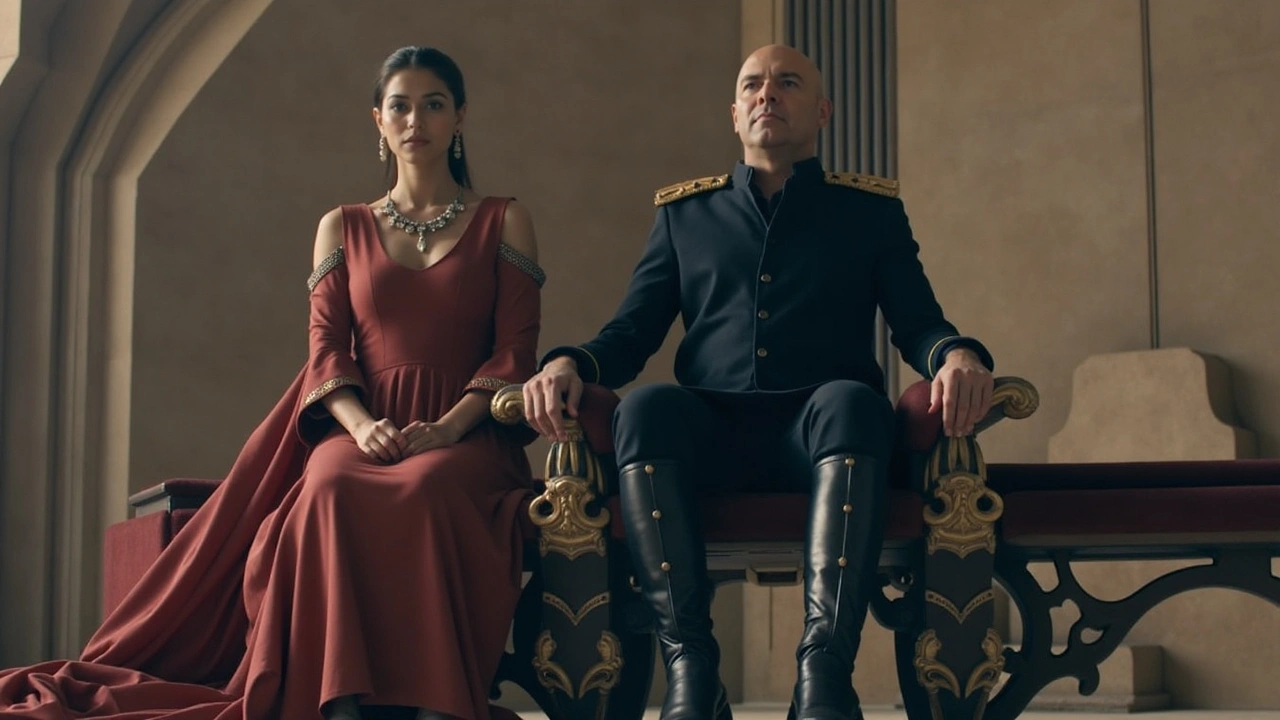
An Exploration Beyond the Character
'Dune: Prophecy' through characters like Desmond Hart, does more than merely set the stage for the canonical Dune saga. It offers a deep dive into the genesis of its universe, taking audiences on a journey beyond the confines of Arrakis and into the heart of human ambition and frailty. Hart’s narrative serves as a poignant reminder of the complexity of motivations that drive individuals to either devastating destruction or unforeseen redemption. In Fimmel’s portrayal, viewers encounter a figure who challenges conventional notions of morality, effectively underscoring the timeless struggles between intrinsic nature and nurtured experiences.
Through these intricate plot threads and character developments, the series provides both fans and newcomers to the Dune universe with a rich, immersive experience, textured with philosophical dilemmas that are just as compelling as the interstellar landscapes it traverses.

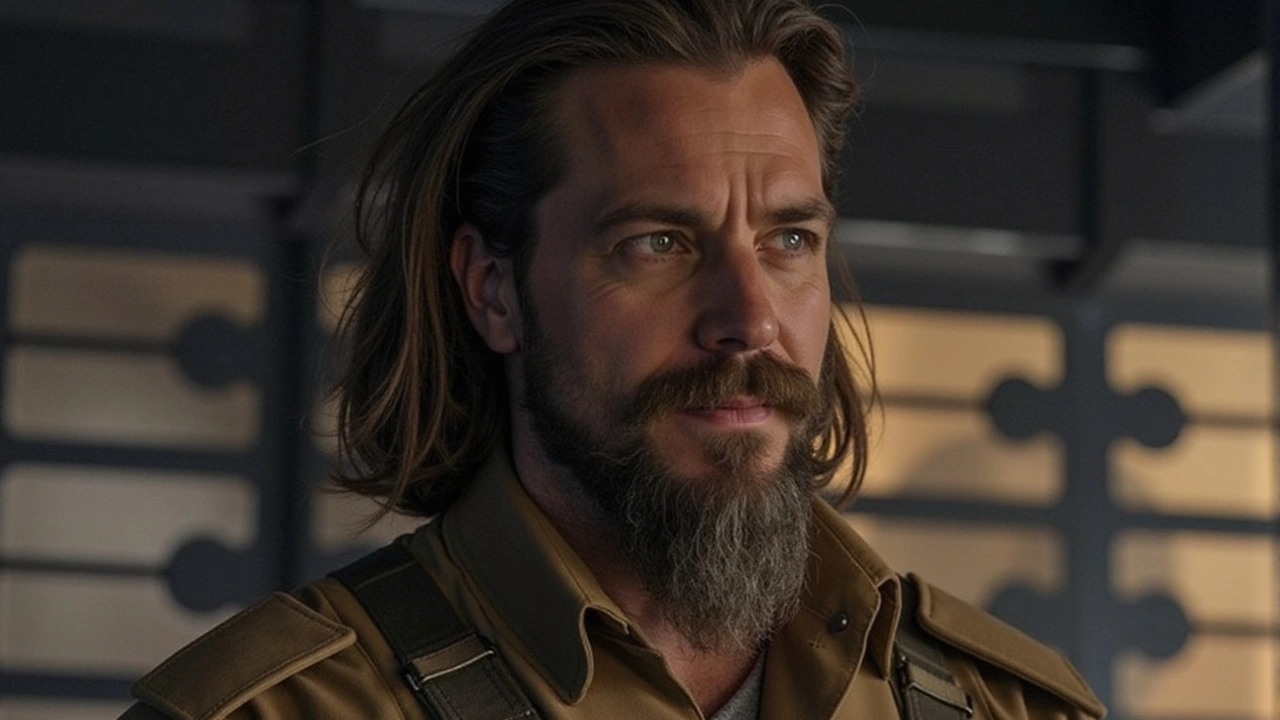
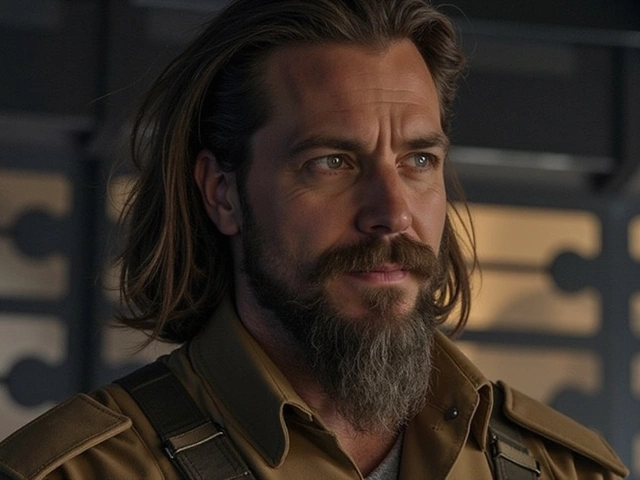
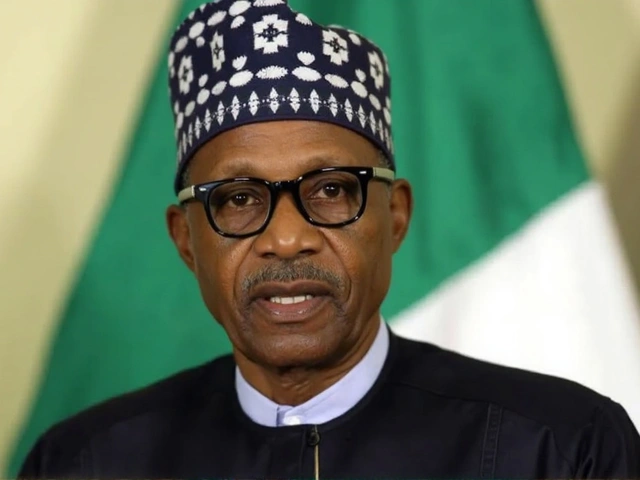
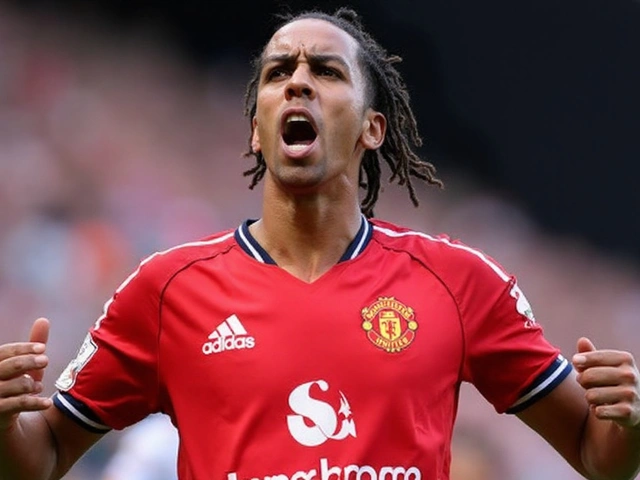

Post A Comment